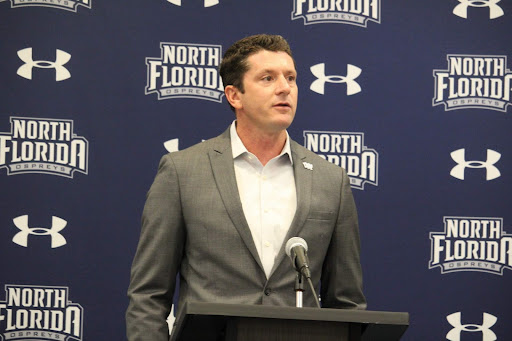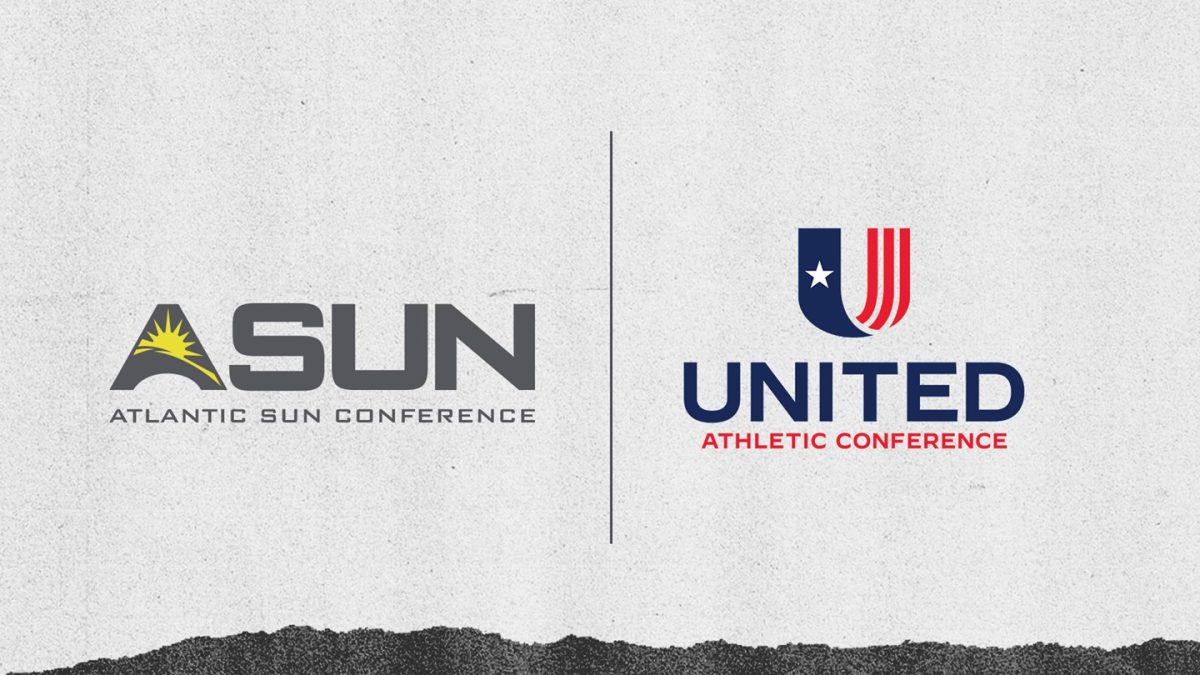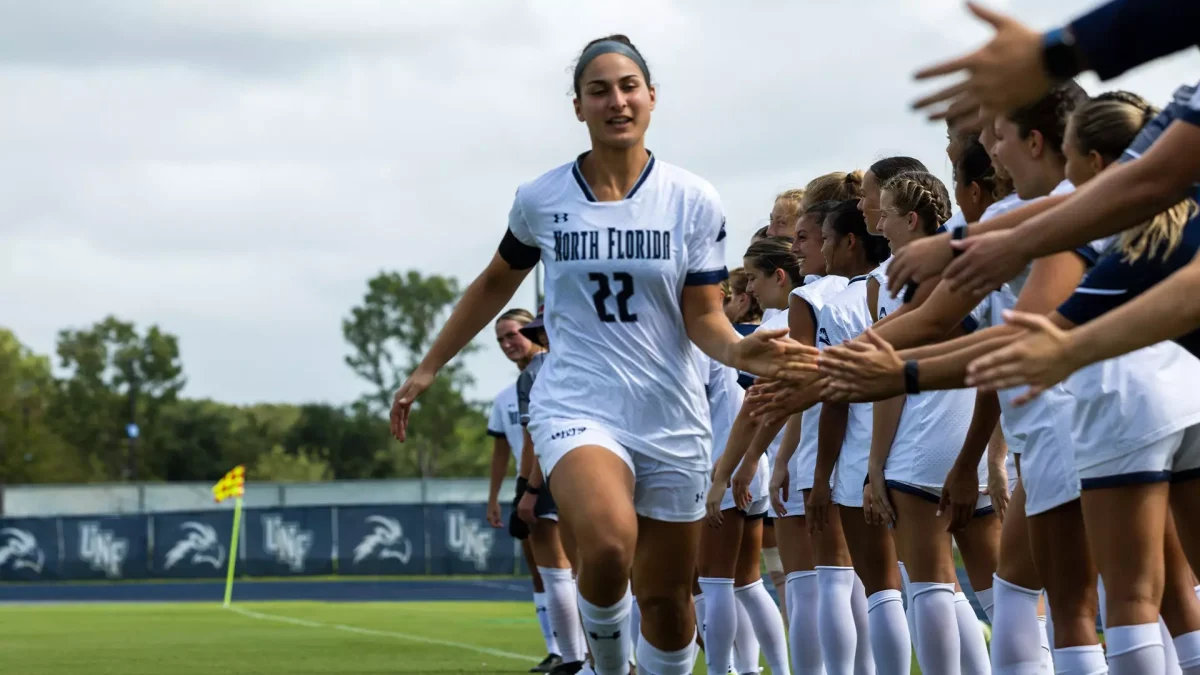By Katie Gile
Adding a 20 percent tip on top of a check for a meal means throwing away money that could go to gas, rent or textbooks, right? At least, that’s the case for some college students who dine at restaurants.
A Sept. 5 article in the Central Florida Future, the University of Central Florida’s student-run newspaper, found college students are among the stingiest when it comes to tips, but servers on the First Coast have mixed opinions.
No one age group is the culprit, though there are several contenders.
Felicia Proia, a UNF psychology senior and server at A1A Ale Works in St. Augustine, said it’s primarily the 35- to 45-year-old age range providing the tiniest tips.
“I understand why they only tip about 10-15 percent because they’ve worked really hard for their money,” Proia said. “I’m working really hard for mine, too.”
People aged 15-18 leave the worst tips, said Casey Robertson, a UNF health science senior and server at the Cheesecake Factory at the St. John’s Town Center.
“I think they don’t know what’s appropriate,” Robertson said. “But then there are some younger people who work in food service, and they hook you up because they know what it’s like.”
Brenna Bagrow, a UNF international studies junior and Mellow Mushroom server at Tinseltown, agreed that high school students are among the worst for small tipping habits.
“As stereotypical as it is, it’s usually true,” Bagrow said. “When teenagers come through the door, you can’t help but think, ‘I don’t want to serve them.’ If you ask any server, they’ll tell you the same thing.”
Naomi Johnson, a UNF criminal justice senior and Applebee’s server at the St. John’s Town Center, offered additional reasoning for scant tips from high school students.
“Most of them don’t work, or they get allowance and don’t feel like they have to tip,” Johnson said. “I used to be like that before I started serving, too.”
Johnson said some college students aren’t too far ahead of high schoolers. Servers stereotypically don’t expect college students to tip well because of those students’ ramen noodle-budgeted meals, she said.
She said students who are also servers tip well.
“Regularly, though, you get a $2 tip,” Johnson said, “no matter what the check is.”
UNF students receive a discount on their meals at the St. Johns Town Center Applebee’s with their Osprey 1Card, which Johnson said may affect their tipping habits.
“If I go somewhere and get a discount, then I’ll tip more than I would have,” Johnson said. “But some people aren’t like that. Some people will get as much food as they can and tip with whatever they have left.”
Effect on the servers
The minimum wage in Florida for tipped workers is $4.29 per hour, with employees taxed for 8 percent of their sales, regardless of tips, according to Florida Department of Economic Opportunity. When customers tip 10 percent or less, the 8 percent of sales comes out of servers’ own pockets.
“The first thing I think of is, ‘Oh crap, I’m going to have to pay for that,’” said Jen Knutson, a UNF anthropology senior and 15-year veteran of the food service industry. “And if you’re a server, you also have to tip out the bartender base of your bill. All of that comes out of your pay.”
Among the number of positions with which servers must split tips, bartenders are right at the top. Although, while bartenders have a reputation for higher pay, Knutson said the tips can be about the same.
“Working as a bartender can be worse or it can be better than being a server,” she said. “Some people think that I get tipped all the time and that I don’t need [a tip], but then others will tip generously.”
UNF students working in food service roughly agree with one another on appropriate tips for different grades of service. Regardless of the position, they said 10-15 percent is appropriate for “OK” service and 15-20 percent or more for “good” to “excellent” service.
The Spinnaker conducted an informal survey Oct. 11 about tipping. Of 30 non-server UNF students surveyed, 20 said they tip 20 percent or more for an average experience, while eight said 10-15 percent and two said 10 percent or less.
Servers speak up
Knutson said 20 percent is a good tip, nowadays. It used to be 15 percent, she said, but that’s changed over the past 15 years.
“If your bill is $50,” she said, “put down a $10 [tip].”
Regardless of age, both servers and bartenders take a dim view on customers who leave little or no tip.
“If you get really bad service and everybody else has, that’s one thing,” said India Anderson, a UNF graphic design senior and bartender at Suite at the St. Johns Town Center. “But to outright not leave a tip, I think that’s rude. If you can’t afford to go out to eat and leave a decent tip, then you can’t afford to go out to eat.”
Some are left wondering why they receive little or no tip at all.
“I don’t know if it’s because they’re not a happy person, if I did something wrong, or if they just didn’t have enough money,” said Jaclyn McKenna, a UNF criminal justice freshman and server at the Ale House at Tinseltown.
Customer-server relationship
In the struggle for a good tip, Facebook called Boycott Bad Service crops up as a forum for customers to vent service frustrations and failed expectations.
Its creator, Stephanie Brendle, is a UNF criminal justice junior. She started the group to allow people a place to express the irritations they had without generating hate, she said.
“I think, when you don’t express these frustrations and just hold them in, that’s when you have hate and resentment,” Brendle said.
Brendle is optimistic the site will become more than just a negative place.
“It’s a place where people can share their experiences with poor customer service and hopefully make a positive change,” she said.
Brendle, who has held several customer service jobs through the years, said it’s very important to treat both customers and service people respectfully.
“People need to realize it’s a relationship. It’s a two-way street,” she said.
When it comes to tip-able positions, Brendle offers simple suggestions to earn a solid one.
“Don’t judge the person who comes in there, don’t talk trash about other customers and don’t be rude,” she said. “People are people at the end of the day. When you go into a restaurant, it’s like you’re entering a home. I don’t want people to rub my feet for me, but a simple inquiry about my day helps.”
Knutson agrees both the customer and server determine the quality of service and understands life can strain customers.
“Be kind. Having basic manners will go a long way. If you snap at me, I’m not coming. I just won’t come,” she said. “But, when someone is really testy, sometimes you have to consider what’s going on in their life. I give them a free pass the first time because sometimes major things happen in your life.”
Though, Knutson said, if a customer is abrasive on the second visit and continues to come back, managers will rotate the staff, so no one server works for that table too often.
“You don’t want servers fighting over who has to wait your table,” she said.
Manners and tipping can greatly improve customer service and their satisfaction with it.
“The better you tip, the better service you receive,” Anderson said. “If somebody keeps coming up and buying drinks but doesn’t leave a tip, then I’m less inclined to help them out first when I have a bunch of customers. At the end of the day, I’m working for tips.”
Effect on future customers
Proia said tipping has an effect on the tipper’s experience and on the next customer’s experience.
“When you get a good tip, you’re on a high, and you work to do even better the next time,” Proia said. “[Your server] will be a little more friendly and offer more options. Instead of letting you order something random, they’ll give you suggestions and recommendations. If they get stiffed on a tip, then they’re not likely to do as good a job for the next person. It’s a perpetual cycle.”
Customers can take an active role in their experience improvement by tipping more appropriately and in being honest and forthcoming with their servers, Proia said.
“I’m straightforward with you, so please be straightforward with me,” she said. “Because in the end, I want you to come back and have another great experience.”
Email Katie Gile at staff1@unfspinnaker.com.
















